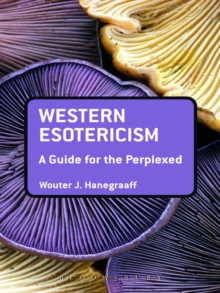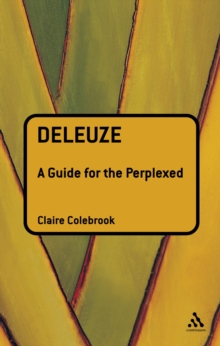
Postliberal Theology: A Guide for the Perplexed PDF
by Ronald T. Michener
Part of the Guides for the Perplexed series
Description
Postliberal theology is a movement in contemporary theology that rejects both the Enlightenment appeal to a 'universal rationality' and the liberal assumption of an immediate religious experience common to all humanity. The movement initially began in the 1980's with its association to Yale Divinity School. Theologians such as Hans Frei, Paul Holmer, David Kelsey, and George Lindbeck were influential and were significantly influenced by theologians such as Karl Barth, Clifford Geertz, and Ludwig Wittgenstein. Postliberalism uses a narrative approach to theology, such as developed by Hans Frei, and argues that all thought and experience is historically and socially mediated.
Michener provide the reader with an accessible introductory overview of the origins, current thought, potential problems, and future possibilities of postliberal theology. The basic philosphical and theological background are be briefly discussed, along with the seminal and predominant theologians identified with the movement. Michener shows how postliberalism emerges from the context of the postmodern critique of Enlightenment rationalism and empiricism. Postliberal theology is extremely critical of classical liberal theology, rather than an advancement of its agenda.
Information
-
Download - Immediately Available
- Format:PDF
- Pages:200 pages
- Publisher:Bloomsbury Publishing PLC
- Publication Date:14/02/2013
- Category:
- ISBN:9780567245410
Other Formats
- Paperback / softback from £24.99
- EPUB from £20.24
- Hardback from £95.00
Information
-
Download - Immediately Available
- Format:PDF
- Pages:200 pages
- Publisher:Bloomsbury Publishing PLC
- Publication Date:14/02/2013
- Category:
- ISBN:9780567245410










